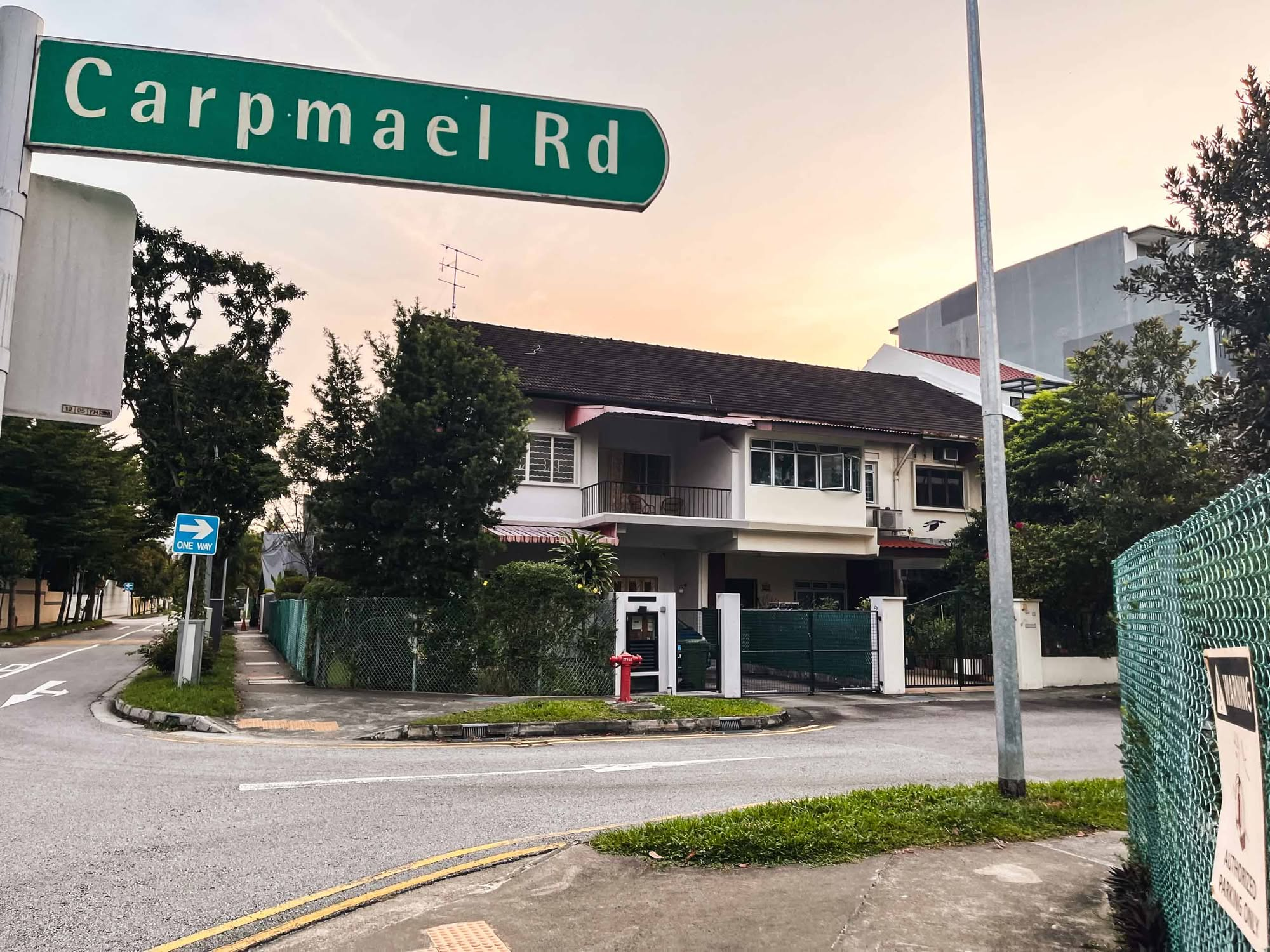What Should You Check When Buying A Tenanted Property In Singapore?
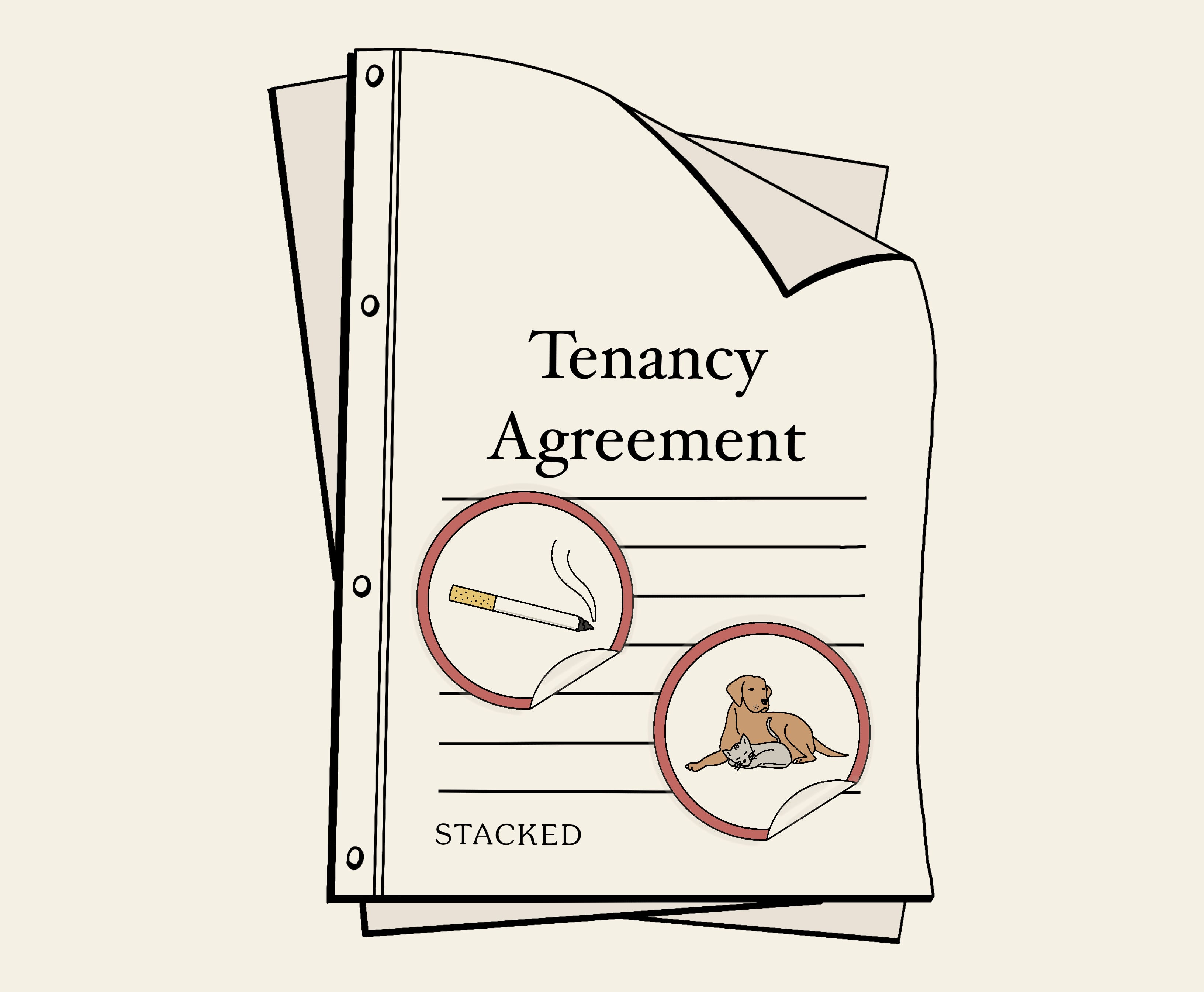
Get The Property Insights Serious Buyers Read First: Join 50,000+ readers who rely on our weekly breakdowns of Singapore’s property market.
A seasoned content strategist with over 17 years in the real estate and financial journalism sectors, Ryan has built a reputation for transforming complex industry jargon into accessible knowledge. With a track record of writing and editing for leading financial platforms and publications, Ryan's expertise has been recognised across various media outlets. His role as a former content editor for 99.co and a co-host for CNA 938's Open House programme underscores his commitment to providing valuable insights into the property market.
You’ve found the ideal property that’s five minutes from work and the children’s school, but there’s just one issue: a tenant is living there, and his lease only expires almost 10 months from now. That’s a long time to wait before trying to buy.
Invariably, your property agent – if not the seller’s agent – is going to pop the question: why not just buy it while it’s tenanted? You can get some rental income while you wait. After all, some investors even purposely buy a tenanted property for the income.
Well that’s not always a bad idea, unless you go into it without knowing what to check. As such, here is the Stacked guide on what questions to ask, and where to look, before you buy a tenanted unit:
Before we get into this, note that you can ask for vacant possession, even if there’s already a tenant.
You don’t have to take over the existing tenancy and then wait till it’s over. If you need to move in right away, state this as a condition of the sale. It’s the responsibility of the seller, if they want to transact, to come to a settlement with the tenant.
Do be prepared for some pushback, such as sellers asking for a bit more in order to terminate the existing Tenancy Agreement (TA). This is all open to negotiation. However, we suggest you have a three-way conversation that includes the tenant, when discussing it with the seller.
What should you check before you buy over a tenanted unit?
- The existing Tenancy Agreement (TA)
- Rental expenses for your tax deduction claims
- What the tenant(s) intend at the end of the lease
- The inventory list for the property
- Any unstated arrangements or arrears
- The current net rental yield
1. The existing Tenancy Agreement (TA)
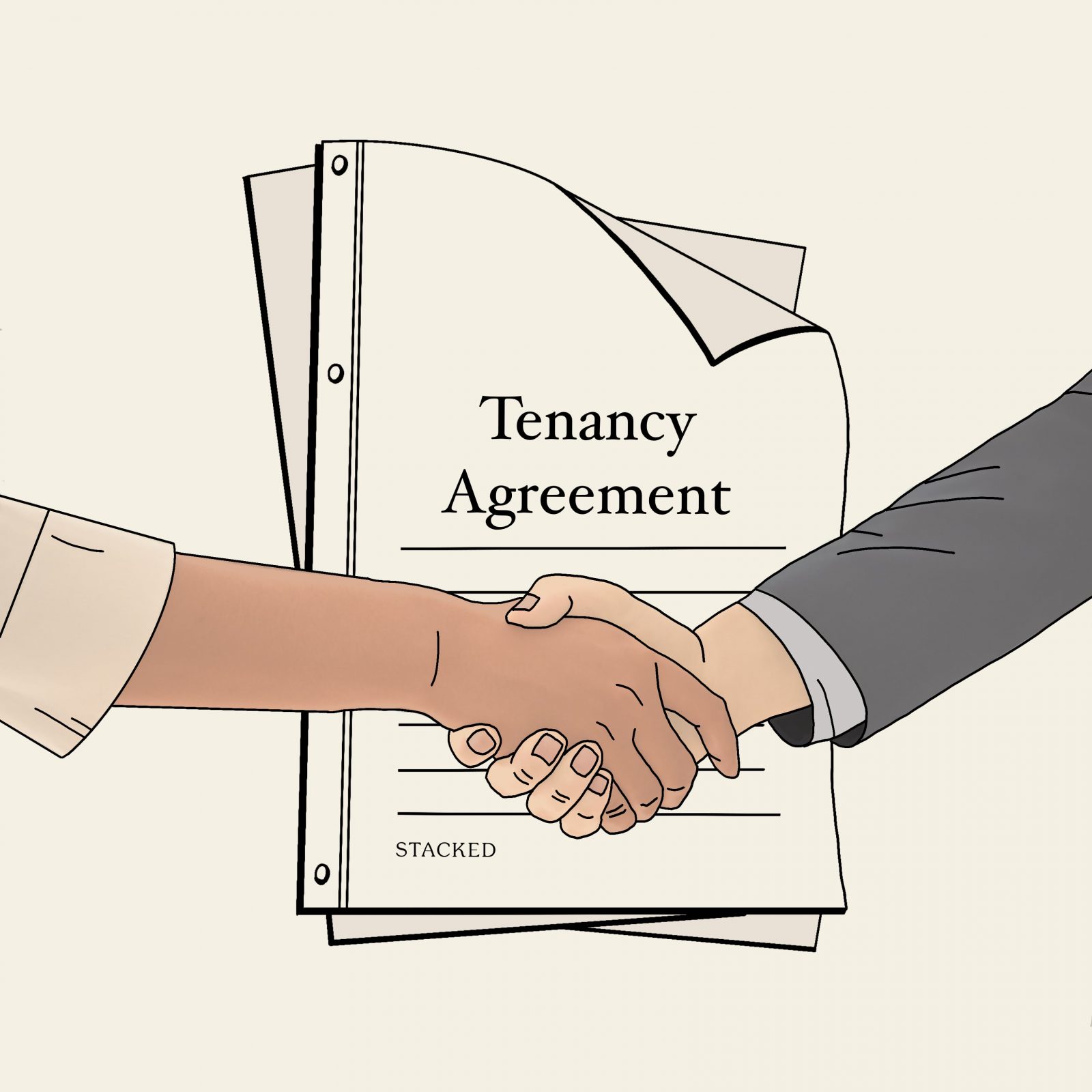
As of 2018, most TAs are in the form of the template offered by the Council for Estate Agencies (CEA). It’s important to read through the TA as it spells out what you, and the tenant(s) you’re taking on, are responsible for.
For example, in the template TA, note it is the tenant, and not the landlord, who pays for air-conditioner servicing contract:
“The Tenant shall take up a service contract with a qualified air-conditioning contractor to service and maintain the air-conditioning units installed at the Premises, at least once every three (3) months at the expense of the Tenant and to keep them in a good and tenantable repair and condition including the topping up of gas (if necessary), throughout the Term.”
Also, the minor repair clause in the template TA is left blank, so this can vary between contracts:
“MINOR REPAIR: The Tenant is responsible to pay for all minor repairs so long as the cost per item per incident does not exceed S$______________.Where cost exceeds this amount, Tenant shall pay this amount of S$______________and the balance shall be paid by the Landlord.”
There have been cases where new landlords end up paying for things that the tenant is meant to handle.
The TA may not be the standard template provided by CEA
There is no legal requirement to use CEA’s template TA, although that is the industry norm. Where the tenant and previous landlord have deviated from this, you need to find out (1) why they’ve chosen to use a different contract, and (2) the key areas in which it differs from the typical TA.
2. Rental expenses for your tax deduction claims

Some rental expenses can be claimed as tax deductions. These include:
- Maintenance costs such as general upkeep, pest control, and utility bills
- Furniture rental, replacement of various fittings and furnishings
- Internet (wi-fi) bills
You can check the full list of claimable items from IRAS.
Note that you can either claim for specific deductions, or make an automatic claim for 15 per cent of gross monthly rent as expenses. You need to know the current claimable amount, so you can decide if it’s better to claim for specific costs or just go with the flat 15 per cent.
3. What the tenant(s) intend at the end of the lease
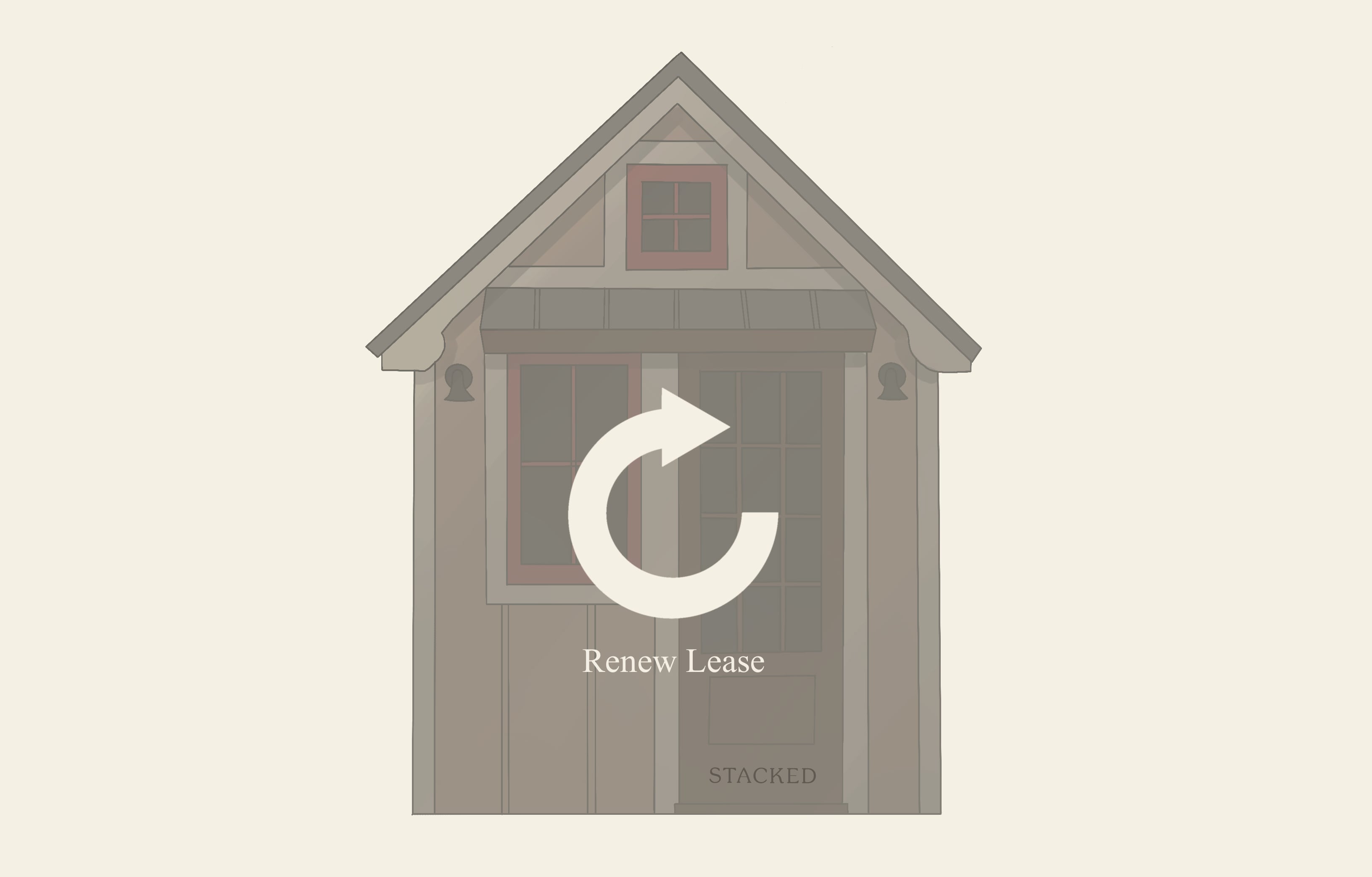
If you want to move in, you need to know this to manage the timeline for selling your previous home, your temporary accommodations, etc.
If your intent is investment, and you want to keep collecting rent, this will give you a sense of the value you’re getting. Ideally, you want an arrangement where the tenant intends to stay on, and will renew for another year or two.
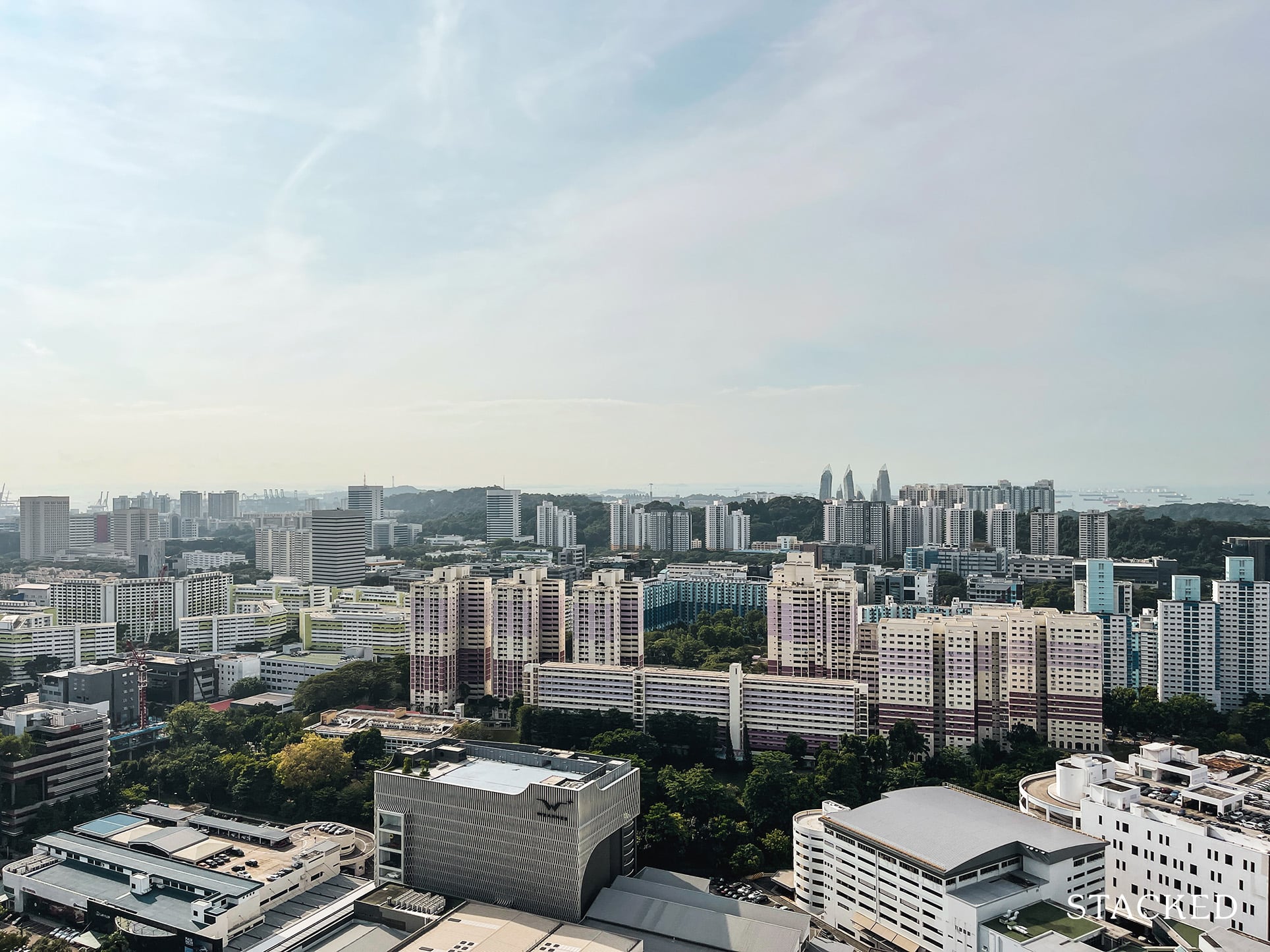
Rental MarketWill Singapore’s Rental Market Maintain Its Resilience In 2021?
by Ryan JIf the tenants are on short, six-month leases and intend to move on right after, then the property may not be the income generator you’re hoping for. This can be the deciding factor, when comparing between two broadly similar, tenanted properties.
4. The inventory list for the tenanted property
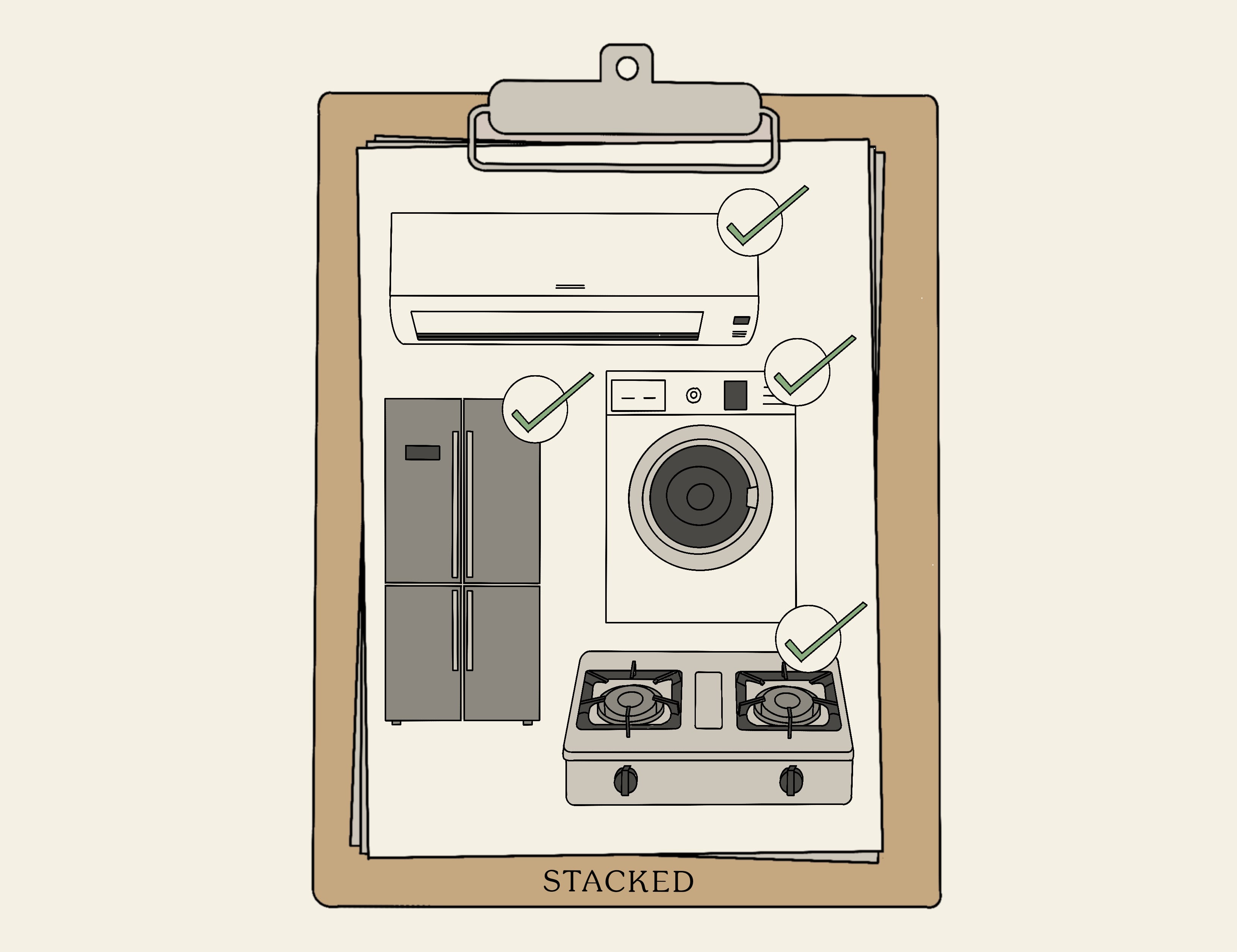
If the property is tenanted, and the seller rents it out fully furnished, the industry norm is that you’ll also buy over the existing Fittings, Furnishing, and Equipment (FF&E).
The most important of these to note are white goods, such as:
- The air-conditioning system
- Washers and dryers
- Kitchen stoves
- Refrigerators
As you’re effectively paying for all this, you need to check whether the tenant has kept them in working order (especially if you’re moving in right after them).
In some cases, the property may have been rented to the tenant semi-furnished, or completely unfurnished. This could mean everything from the beds to the washer / dryer belongs to the tenant; bear in mind that you’re getting none of it in the purchase.
Some landlords prefer units where the tenant owns all the furnishings and appliances; this means you’re not liable to fix any of it when it breaks. Also, the tenant will be obliged to clear their old stuff out when they move out, thus saving you the trouble of doing it yourself. You may not want the seller’s old fridge, washer, stove, etc.
As a Stacked tip, we suggest you approach the tenant about buying over their furniture / appliances when the lease is up, assuming it’s in good condition. Tenants often struggle to offload furniture and appliances anyway, such as if they’re flying back home. You can probably buy the items for much cheaper than you’d get at Courts, IKEA, etc.
5. Any unstated arrangements or arrears

Most tenancy situations are not 100 per cent “by the book”. It’s quite common to find things that are not in the TA, or even in direct violation of it, that the previous landlord chose not to pursue. The typical examples are:
- Smoking within the property (and sometimes discarding cigarette butts along the balcony area)
- Keeping pets
- Having large numbers of people staying over, who are not other tenants
- An inventory, over time, completely fails to match the one in the actual TA (this can happen if the tenant is constantly replacing things, and the former landlord was okay with not documenting it)
It’s best to clear the air about what you will or will not tolerate as the new landlord, from the very start. Never assume that the tenant and previous landlord followed the TA exactly.
Above all, find out about late rental payments, the security deposit, or money owed by the previous landlord
Knowing about late rental payments is simply for your own protection. It can suggest repeat behaviour in the future, especially if the former landlord was relaxed about collections (e.g. they did not mind if payment was consistently a week later).
If the tenant is meant to pay the condo maintenance fees, but haven’t been doing so, you need to be informed as this could later affect you as the owner (although it’s rare for TAs to make tenants liable for this).
Do ensure that the security deposit put down by the tenant is properly transferred to you, before the seller concludes the deal and leaves.
For security deposits, the norm is one month of rent for one year’s lease, but this is a negotiable amount. Check the TA and make sure you’re getting the right amount.
Watch out for previous commitments and arrears; make sure these issues are settled before taking over from the seller.
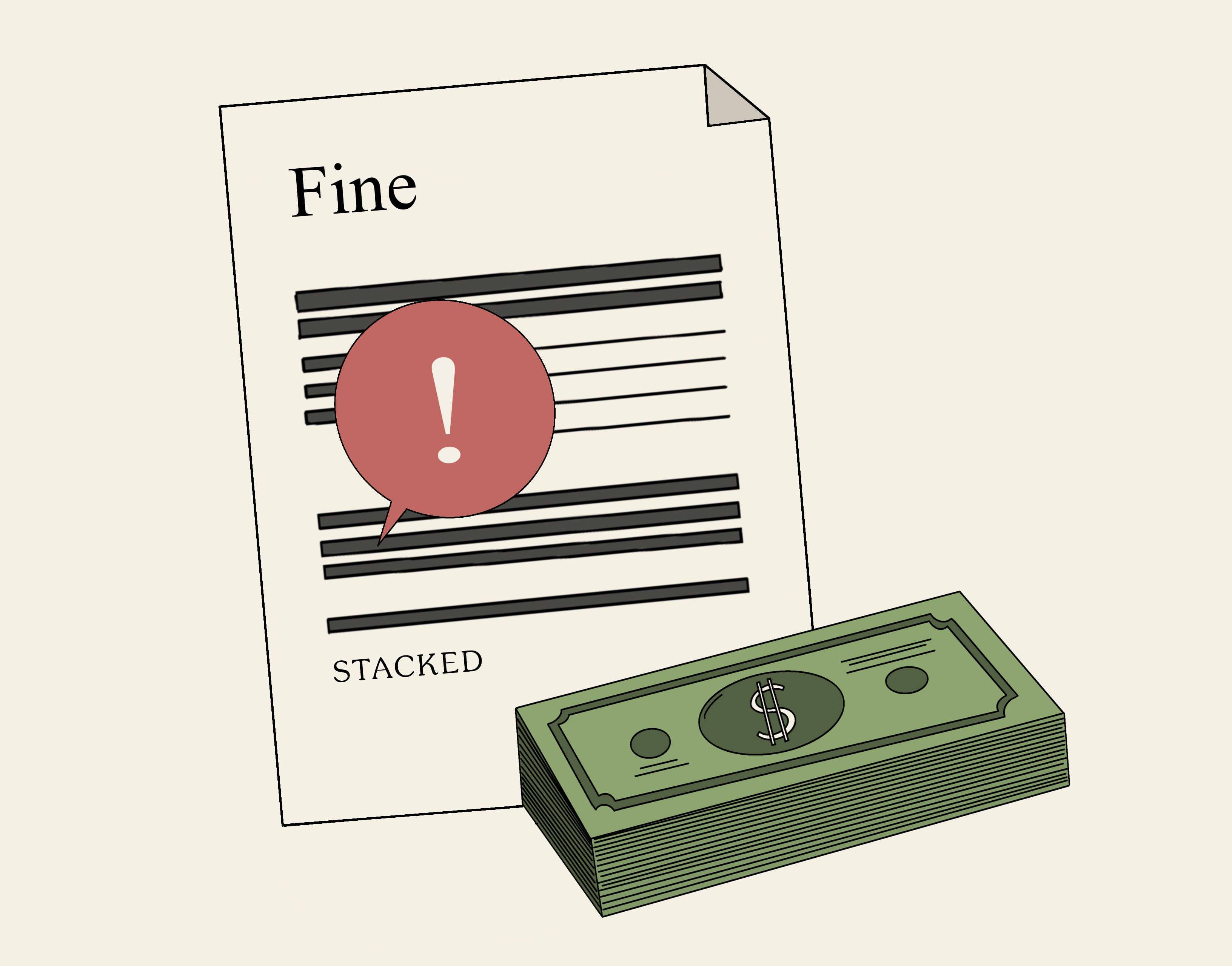
You’re under no obligation to fulfil the promises of the previous landlord. However, it’s useful to know the details anyway; they sometimes involve damage to the tenanted property, and misguided tenants may end up bothering you over it later.
Some of the common things to watch for include:
- The tenants owe fines to the condo management
- Promised clean-ups and fixes by the tenants, who haven’t made good on any of these
- The tenant has caused damage that should be subtracted from their security deposit, but the previous landlord has not taken action yet
6. The current net rental yield
The formula for net rental yield is: (Annual rental income – recurring costs) / total cost of property x 100.
For example, say the annual rental income is $42,000. The maintenance fee, utility bills, mortgage interest, agent commissions, etc. all account for $25,000 per annum. The property, along with costs like stamp duties, amounts to $1.6 million.
The net rental yield would be ($42,000 – $25,000) / $1.6 million x 100 = 1.06 per cent. In general, most residential units have a net rental yield of between one to two per cent.
Compare the net rental yield of the tenanted property to surrounding units
This is to get a sense of whether you’re charging the correct amount of rent, should the tenant decide to renew the lease. It’s possible to do this as units in the same development would be paying broadly similar costs as you, in terms of property tax, maintenance fees, and so forth.
If you can’t find the data for comparison*, contact us on Facebook, and we can put you in touch with someone who knows.
A lower than usual yield could also indicate problems with the property, such as a worse view than other units in the stack, or poor upkeep.
*Most sources, such as online property portals only provide gross rental yield and not net rental yield.
To be safe, never assume the previous landlord knew what they were doing, when you buy over a tenanted property
The rental rate set by the previous landlord is not necessarily correct, even if it’s been unchanged for two or three years. Likewise, laissez-faire landlords sometimes miss the amount of damage their tenants have actually inflicted on the property.
As such, it’s best to go over the property with a fine-tooth comb, and with the help of a real estate professional. Sometimes it’s not worth taking on the existing tenants; whatever the lure of rental income.
For more on the Singapore private property market and how to pick the right unit, visit Stacked. You can also check out the most in-depth reviews of properties on the market today. If you’d like to get in touch for a more in-depth consultation, you can do so here.
Illustrations by: Xiu Ying
Ryan J
A seasoned content strategist with over 17 years in the real estate and financial journalism sectors, Ryan has built a reputation for transforming complex industry jargon into accessible knowledge. With a track record of writing and editing for leading financial platforms and publications, Ryan's expertise has been recognised across various media outlets. His role as a former content editor for 99.co and a co-host for CNA 938's Open House programme underscores his commitment to providing valuable insights into the property market.Read next from Property Advice
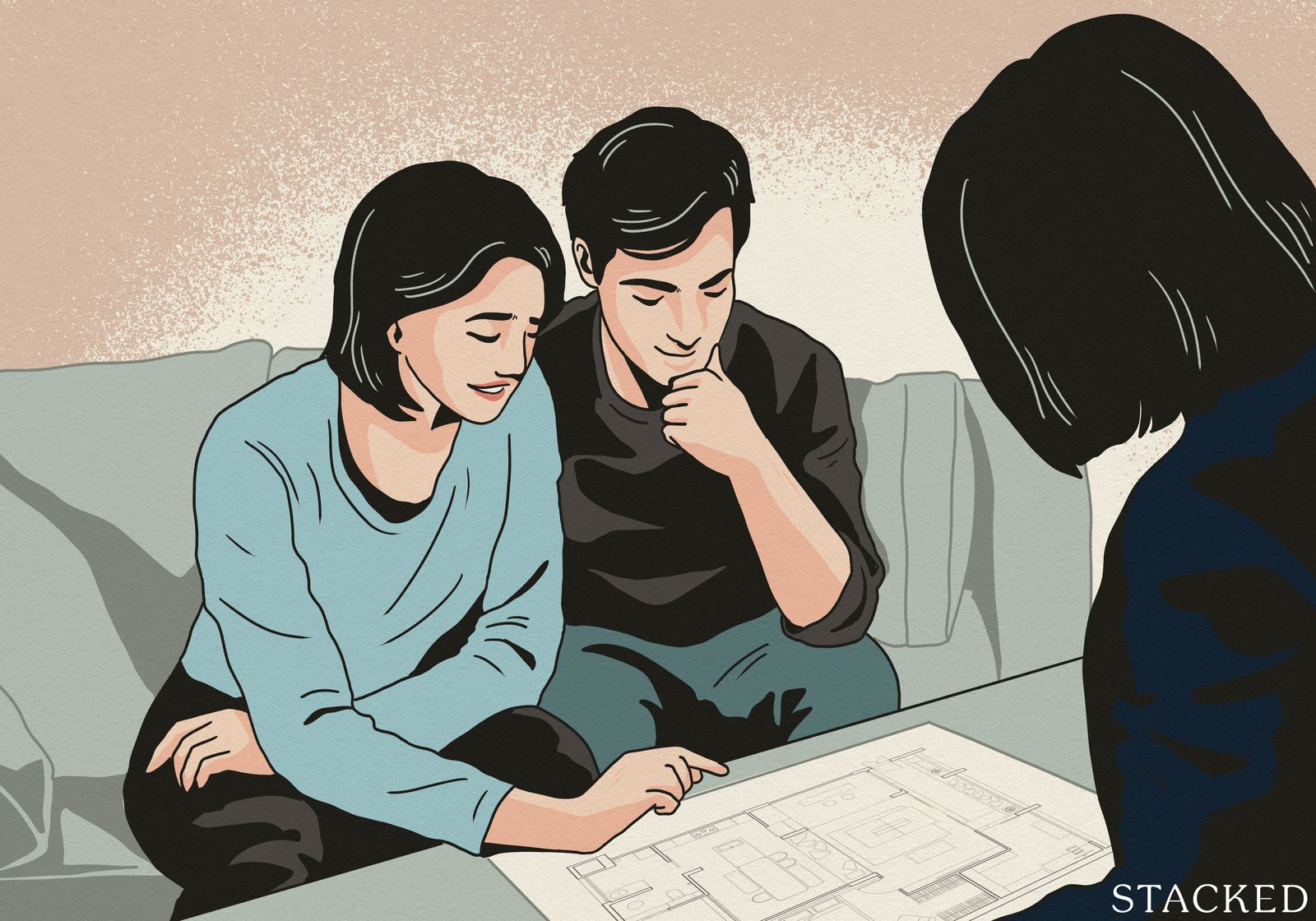
Property Advice We Ranked The Most Important Things To Consider Before Buying A Property In Singapore: This One Came Top
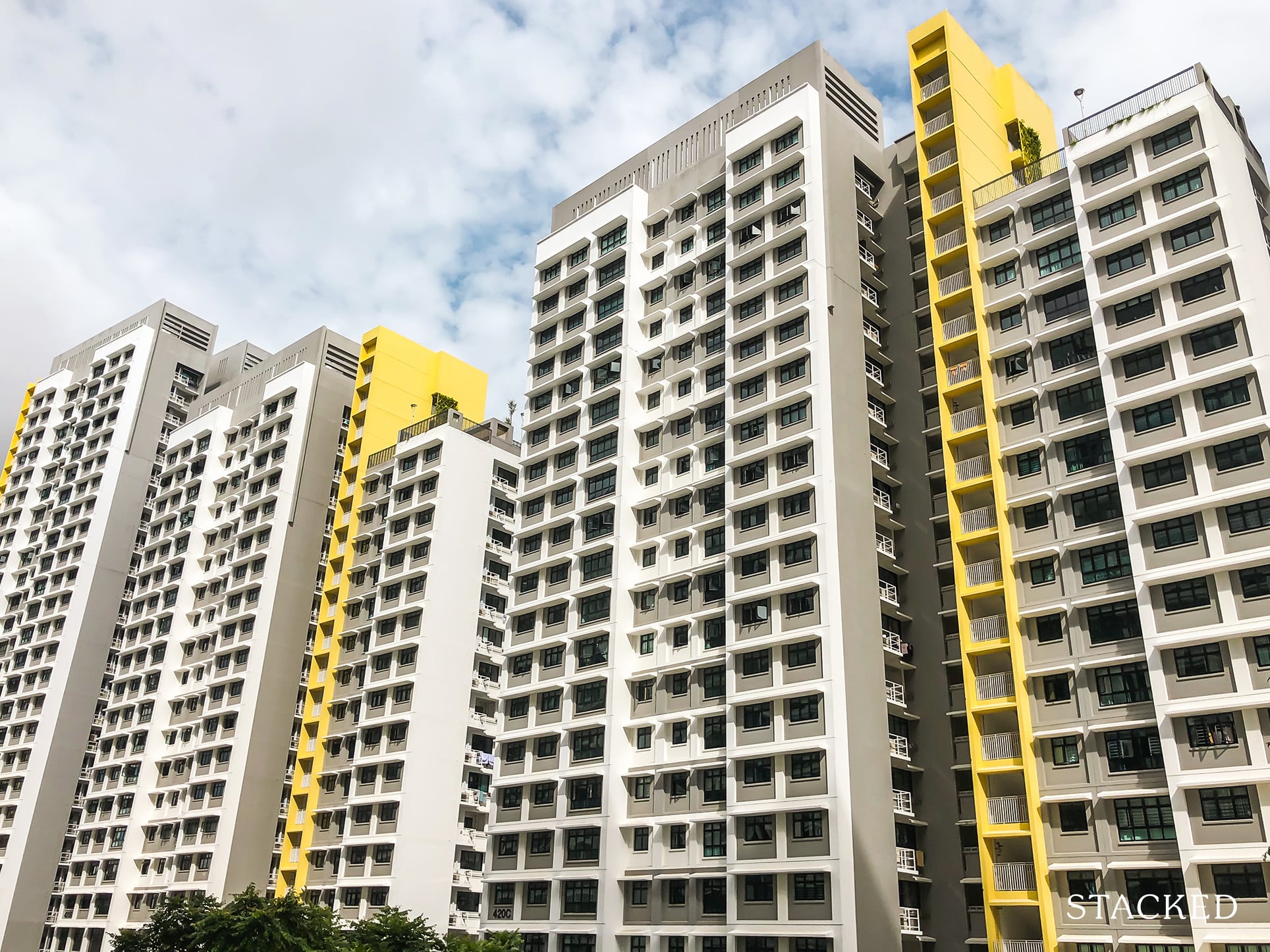
Property Advice Why Punggol Northshore Could Be The Next Hotspot In The HDB Resale Market
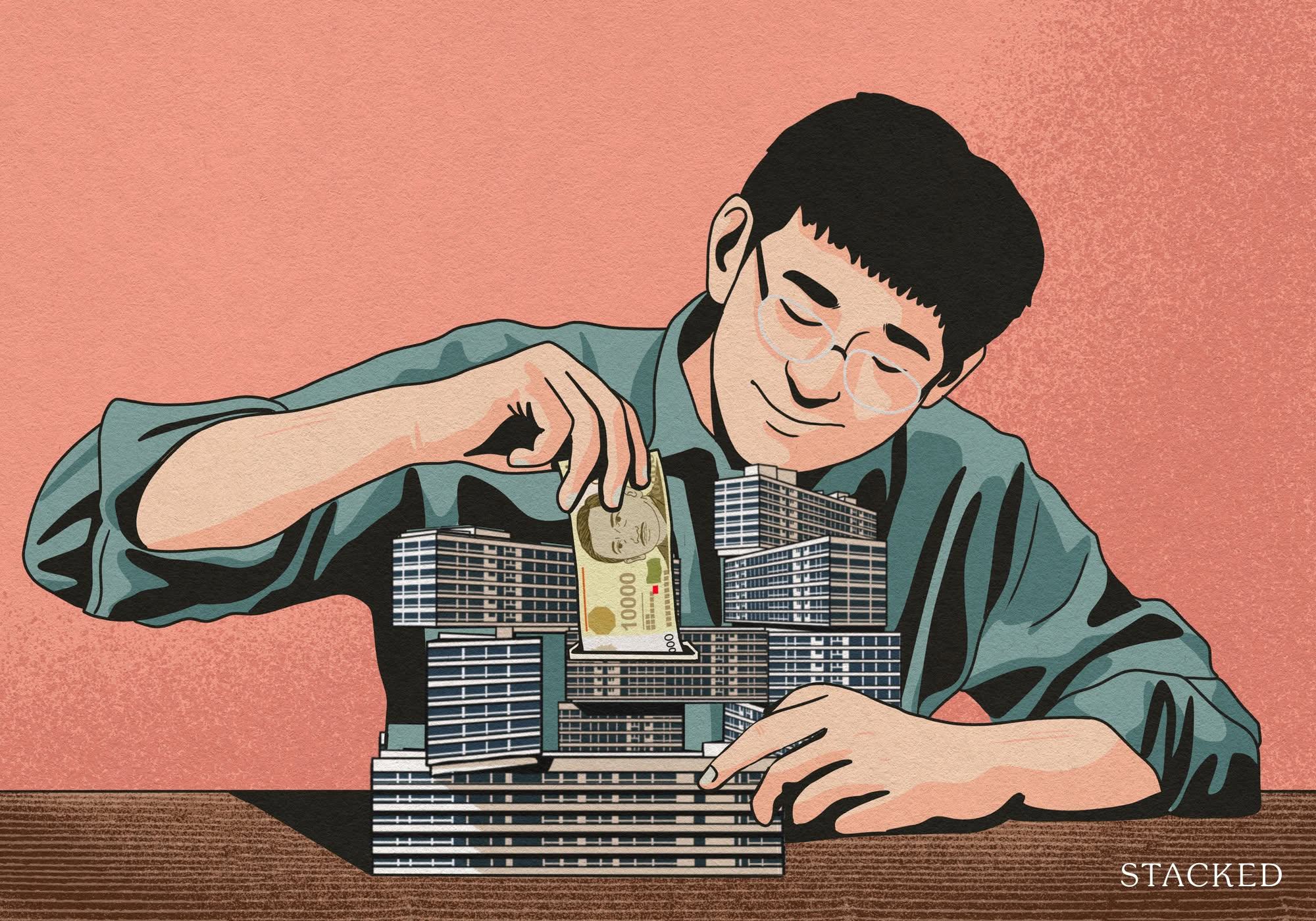
Property Advice How Much Is Your Home Really Worth? How Property Valuations Work in Singapore
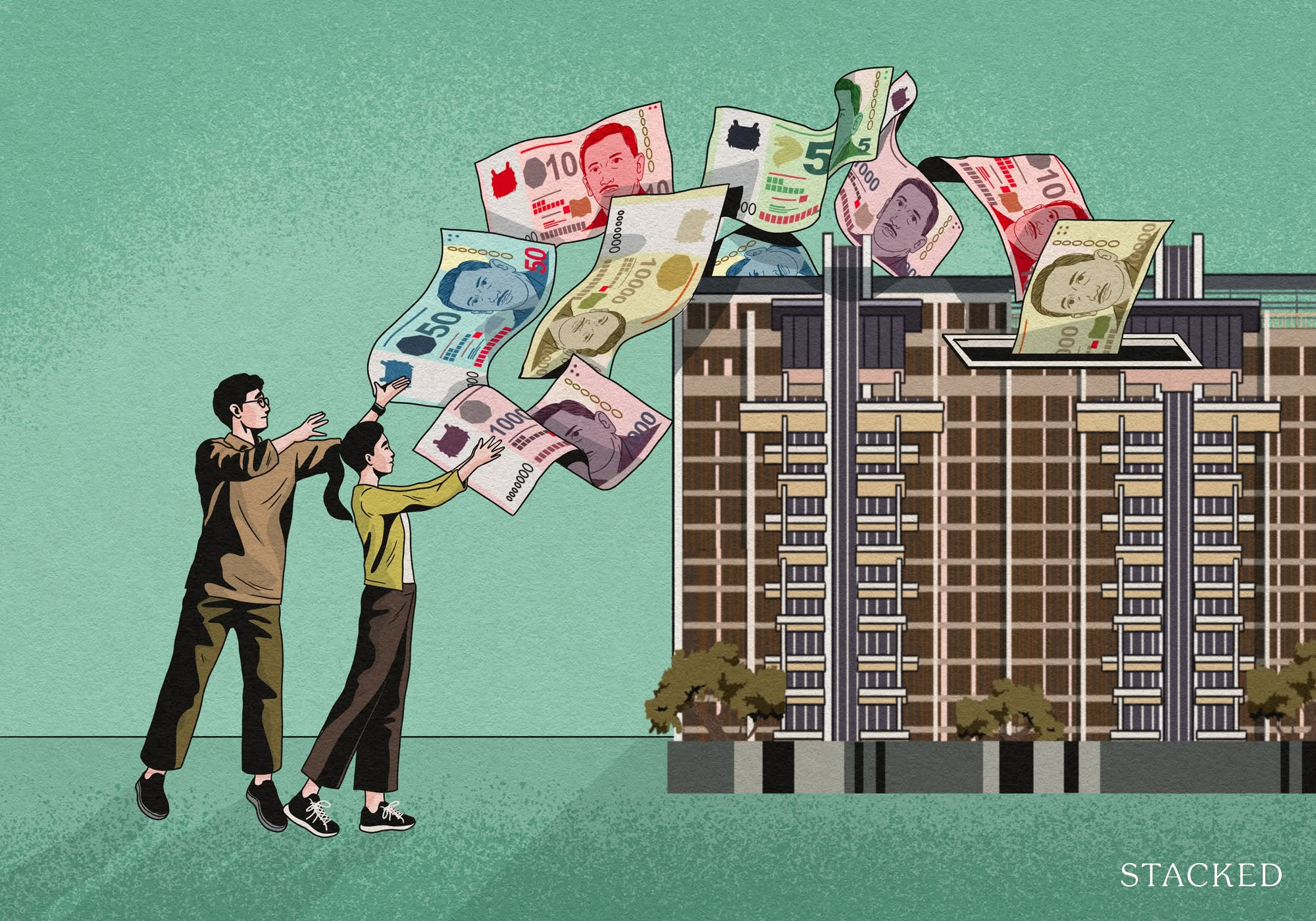
Property Advice Why I Had Second Thoughts After Buying My Dream Home In Singapore
Latest Posts
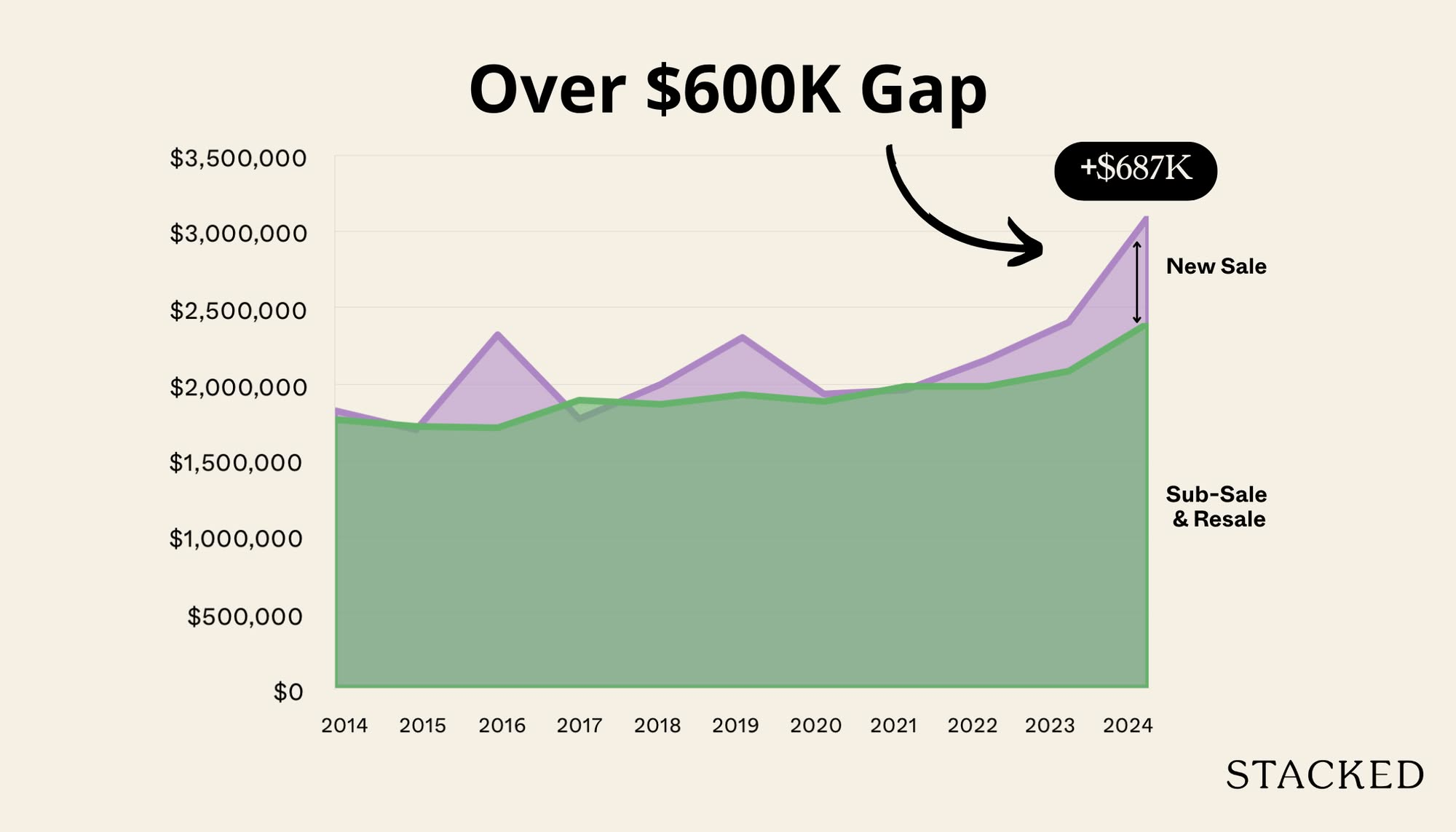
Pro We Compared New Vs Resale Condo Prices In District 10—Here’s Why New 2-Bedders Now Cost Over $600K More
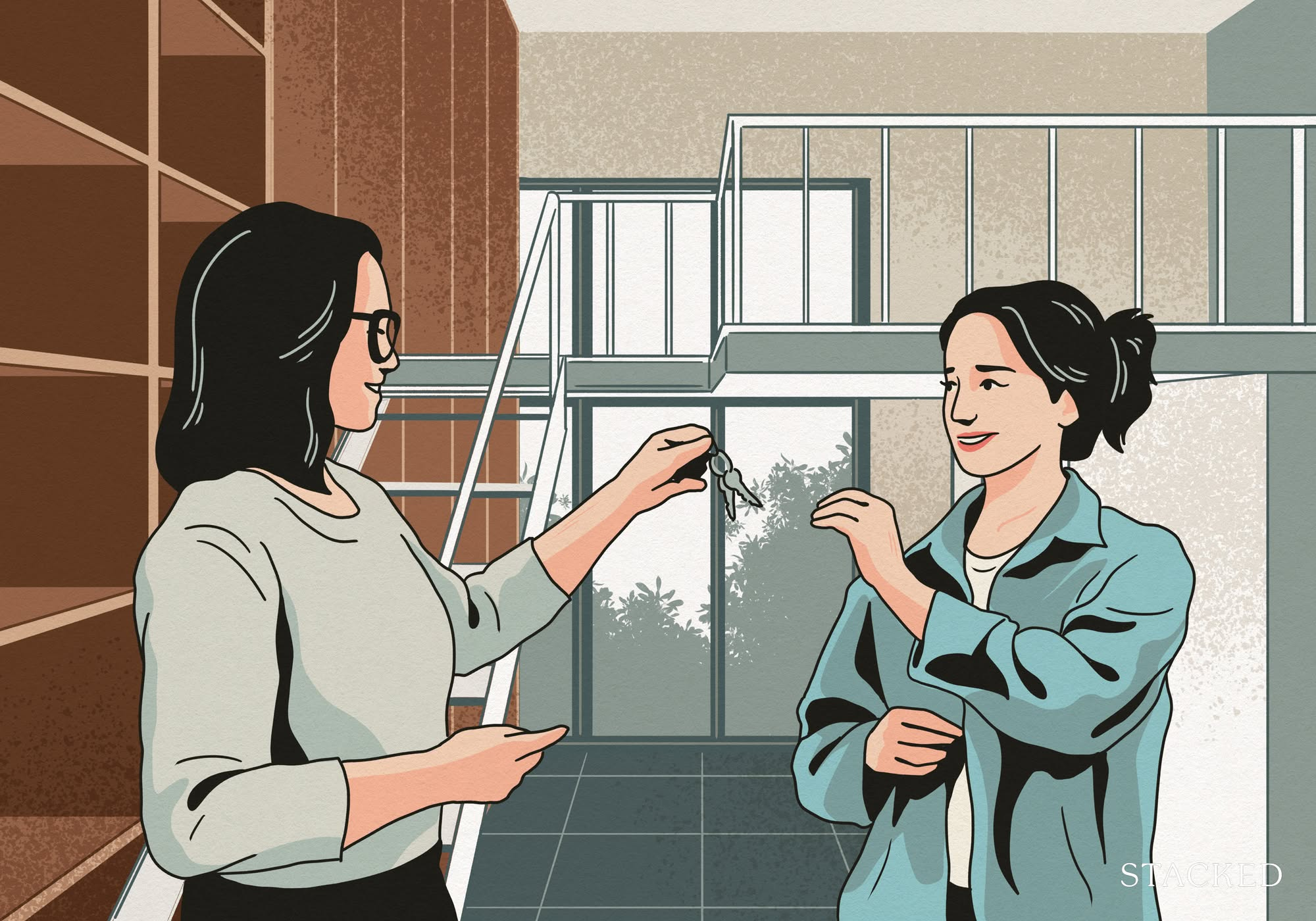
Singapore Property News They Paid Rent On Time—And Still Got Evicted. Here’s The Messy Truth About Subletting In Singapore.
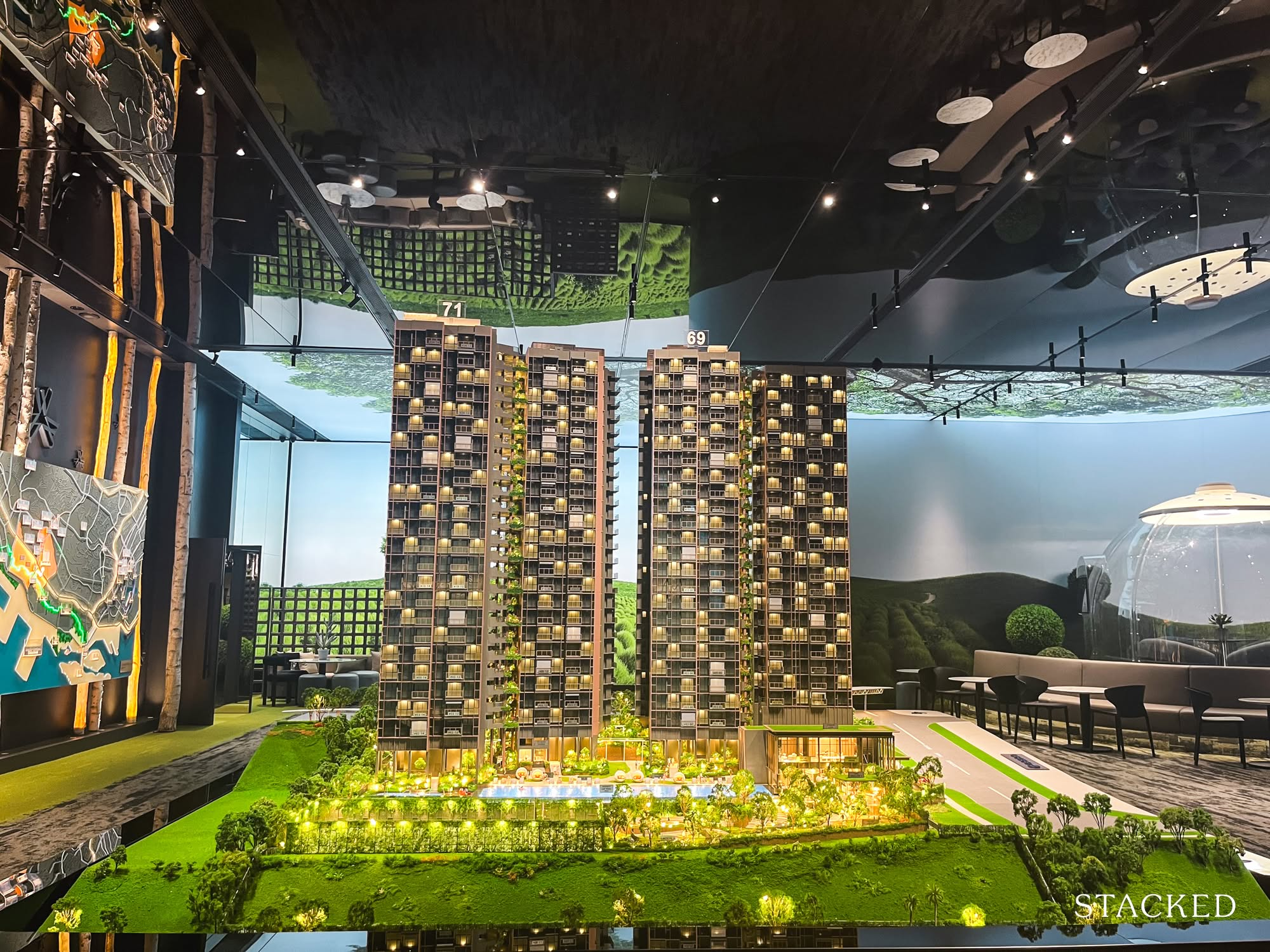
New Launch Condo Reviews LyndenWoods Condo Review: 343 Units, 3 Pools, And A Pickleball Court From $1.39m
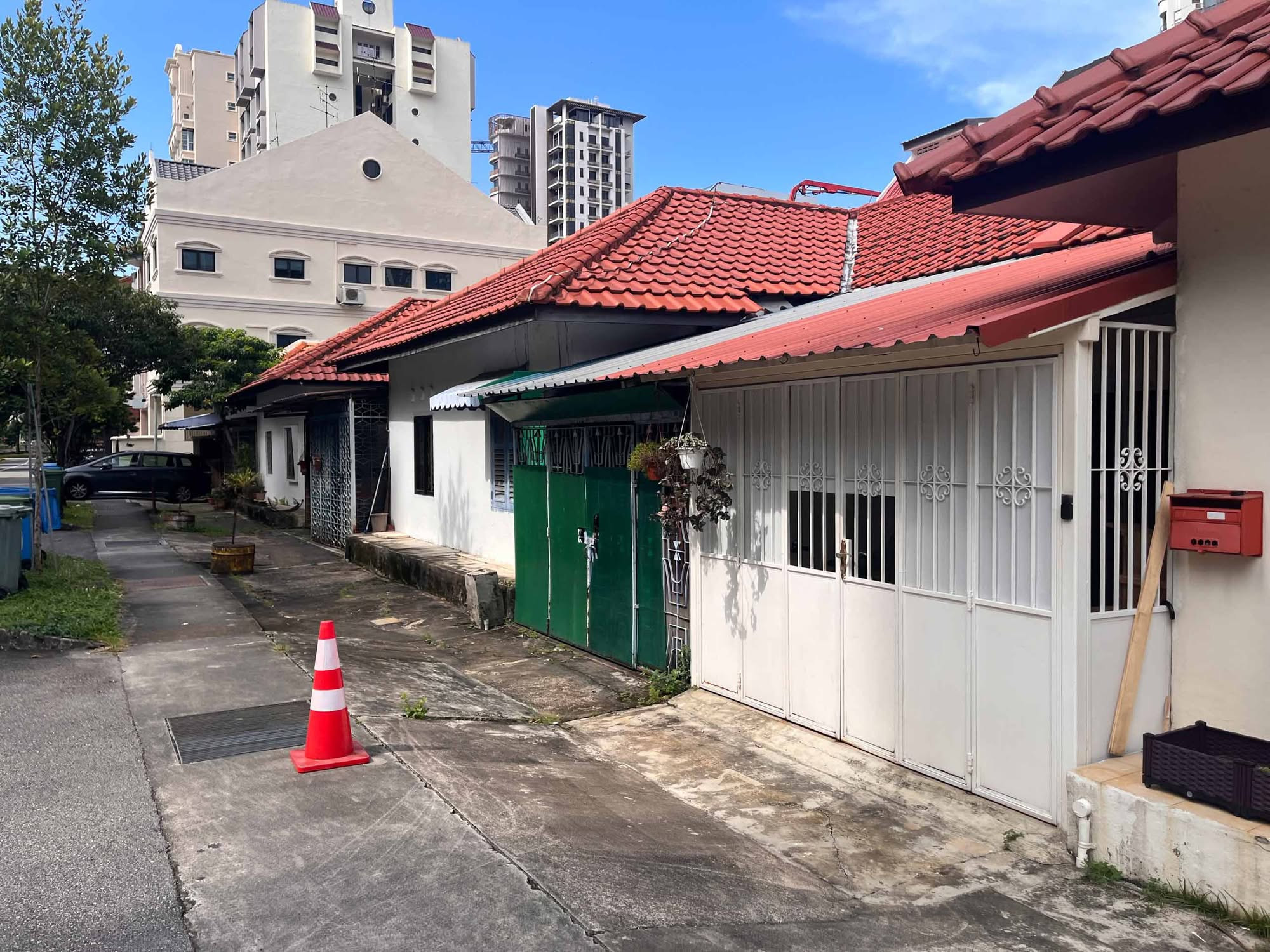
Landed Home Tours We Tour Affordable Freehold Landed Homes In Balestier From $3.4m (From Jalan Ampas To Boon Teck Road)
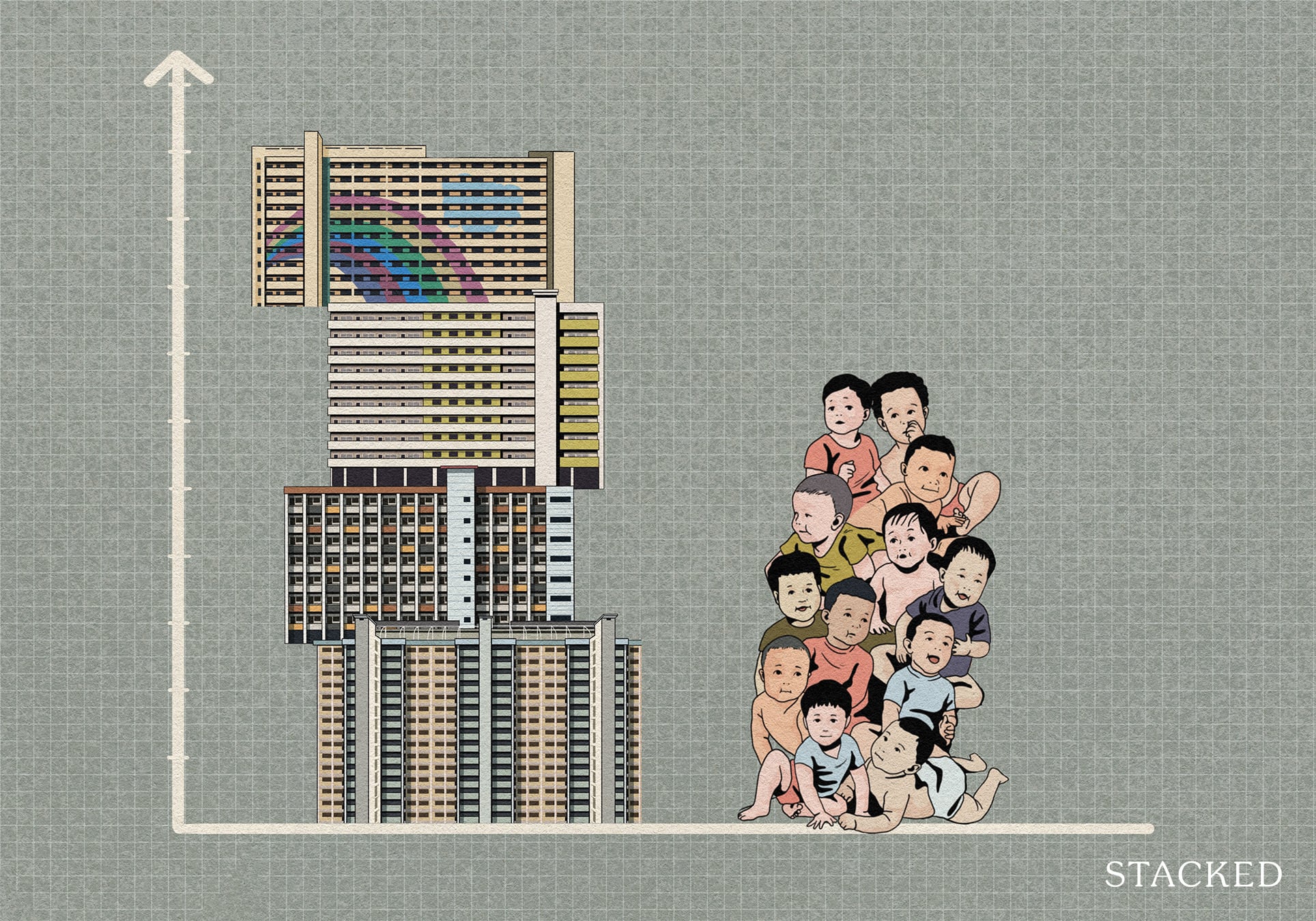
Singapore Property News Is Our Housing Policy Secretly Singapore’s Most Effective Birth Control?
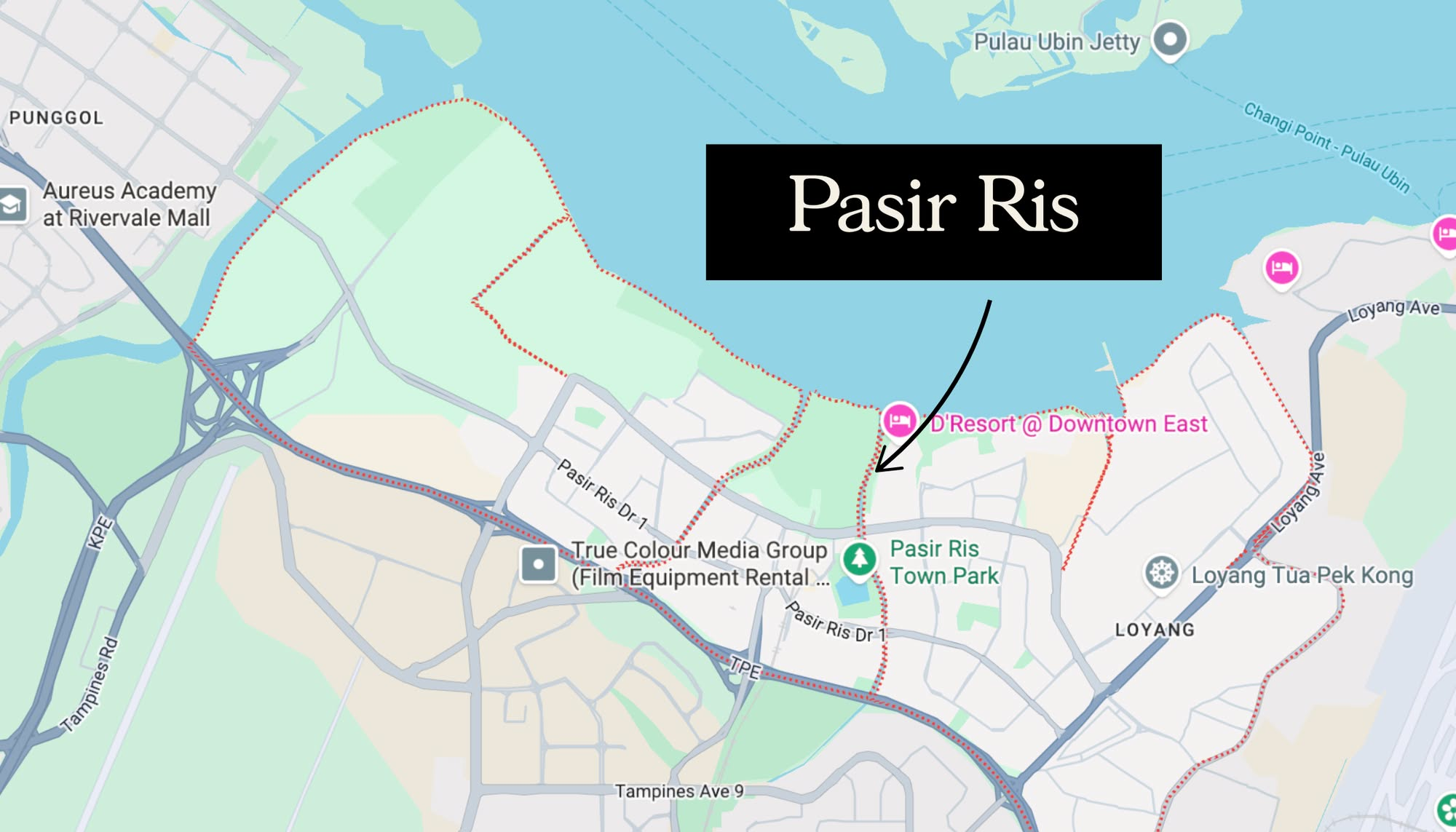
Property Market Commentary Why More Young Families Are Moving to Pasir Ris (Hint: It’s Not Just About the New EC)
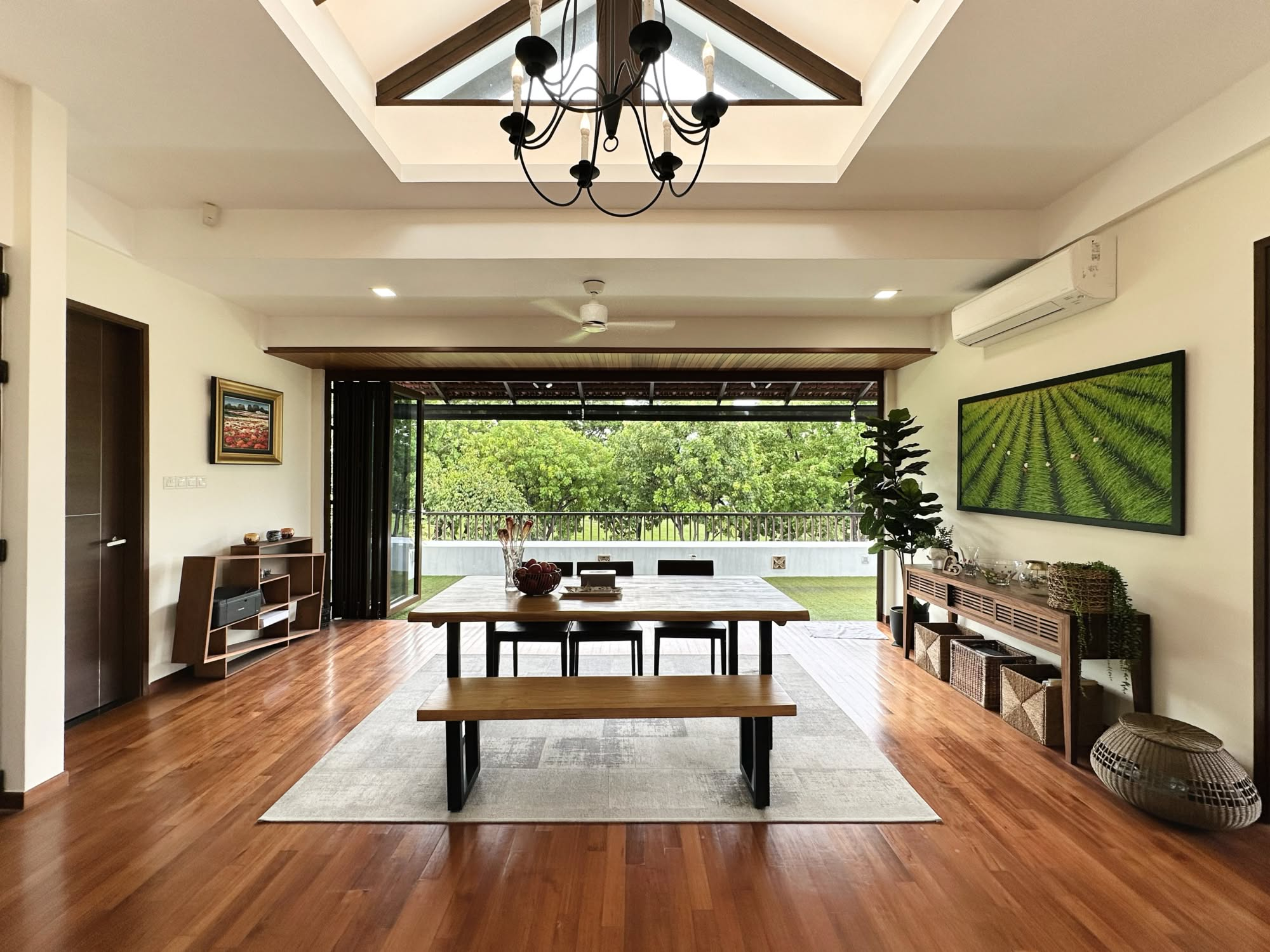
On The Market A 10,000 Sq Ft Freehold Landed Home In The East Is On The Market For $10.8M: Here’s A Closer Look
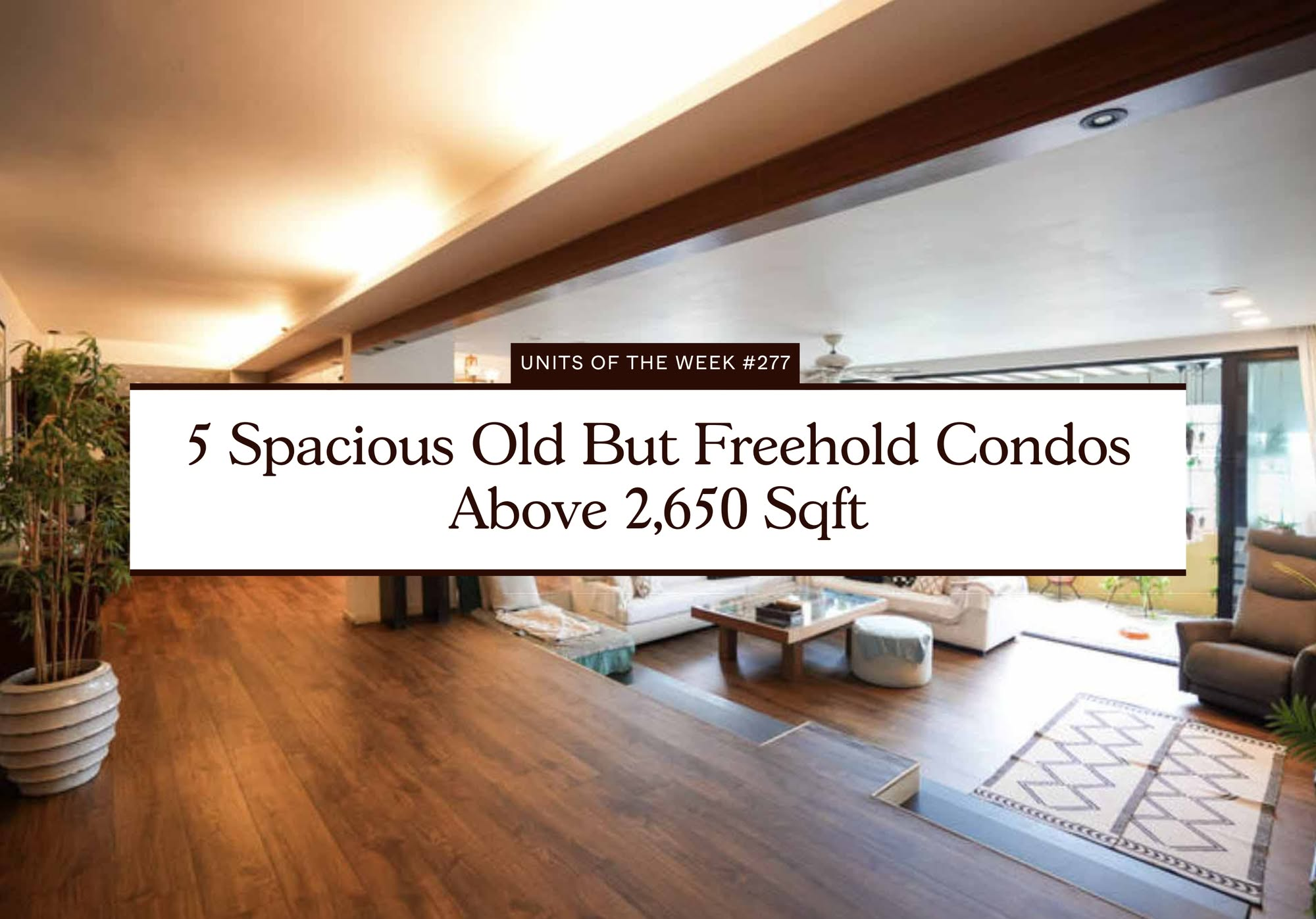
On The Market 5 Spacious Old But Freehold Condos Above 2,650 Sqft
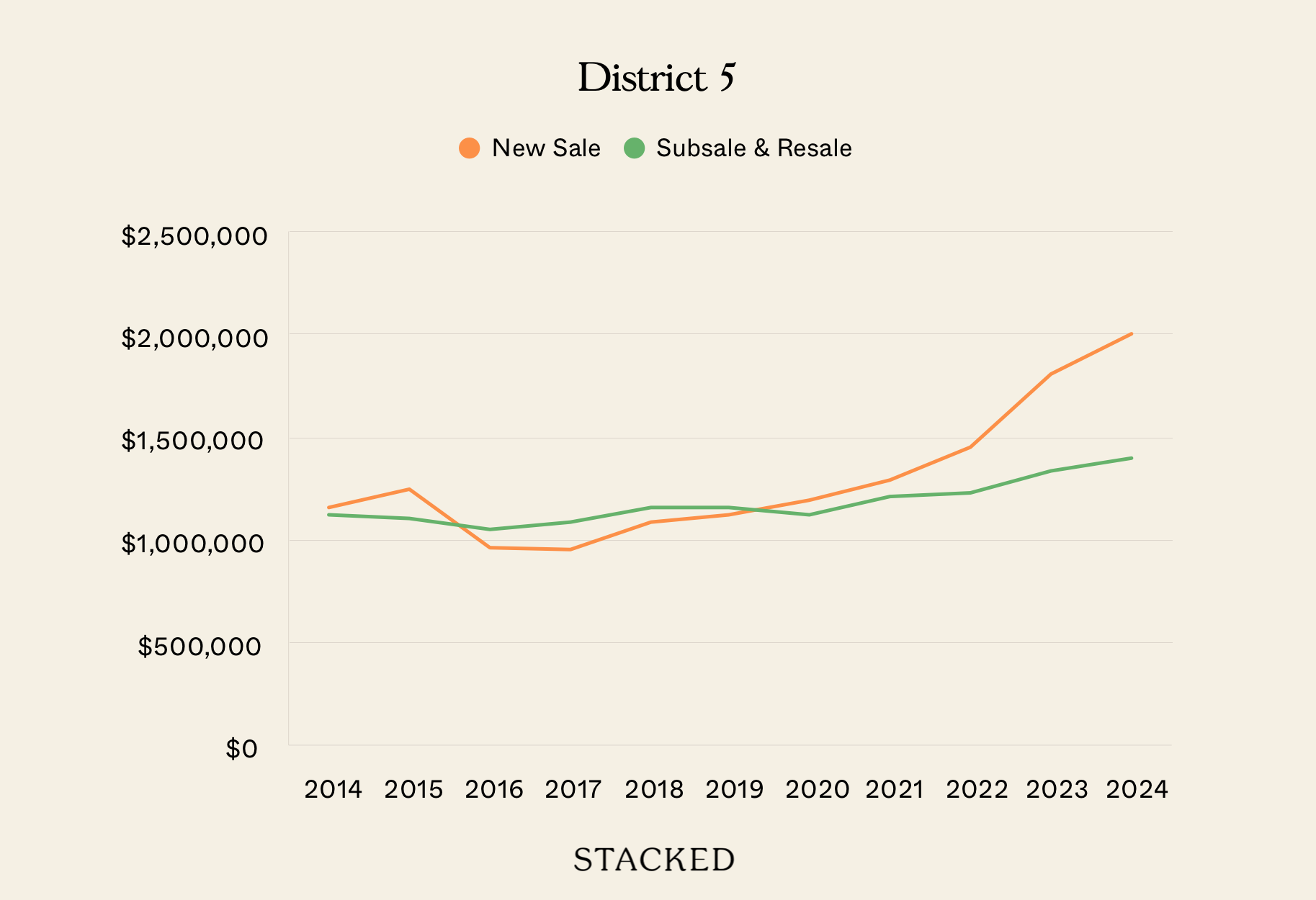
Property Investment Insights We Compared New Launch And Resale Condo Prices Across Districts—Here’s Where The Price Gaps Are The Biggest
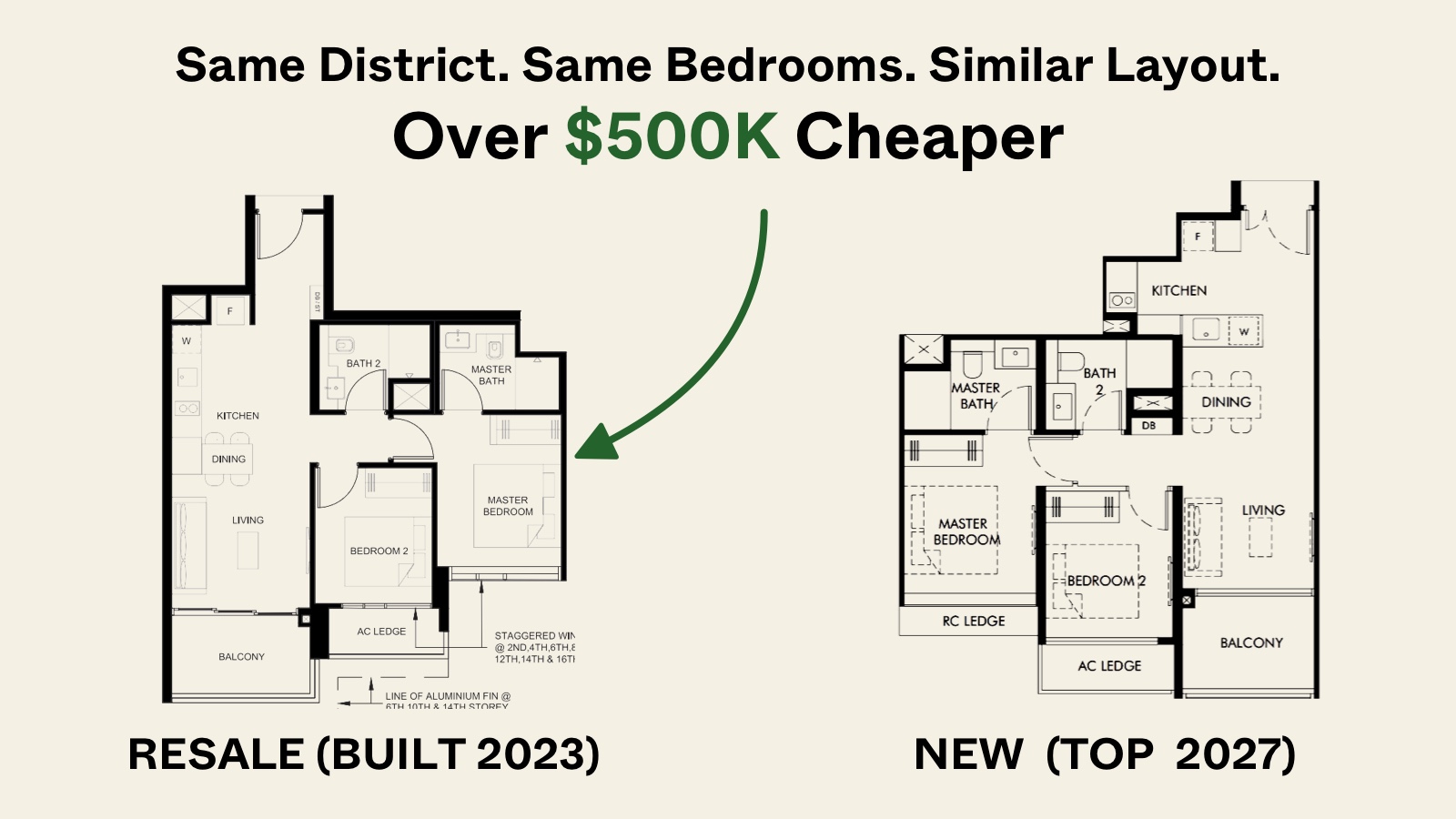
Pro Similar Layout, Same District—But Over $500K Cheaper? We Compare New Launch Vs Resale Condos In District 5
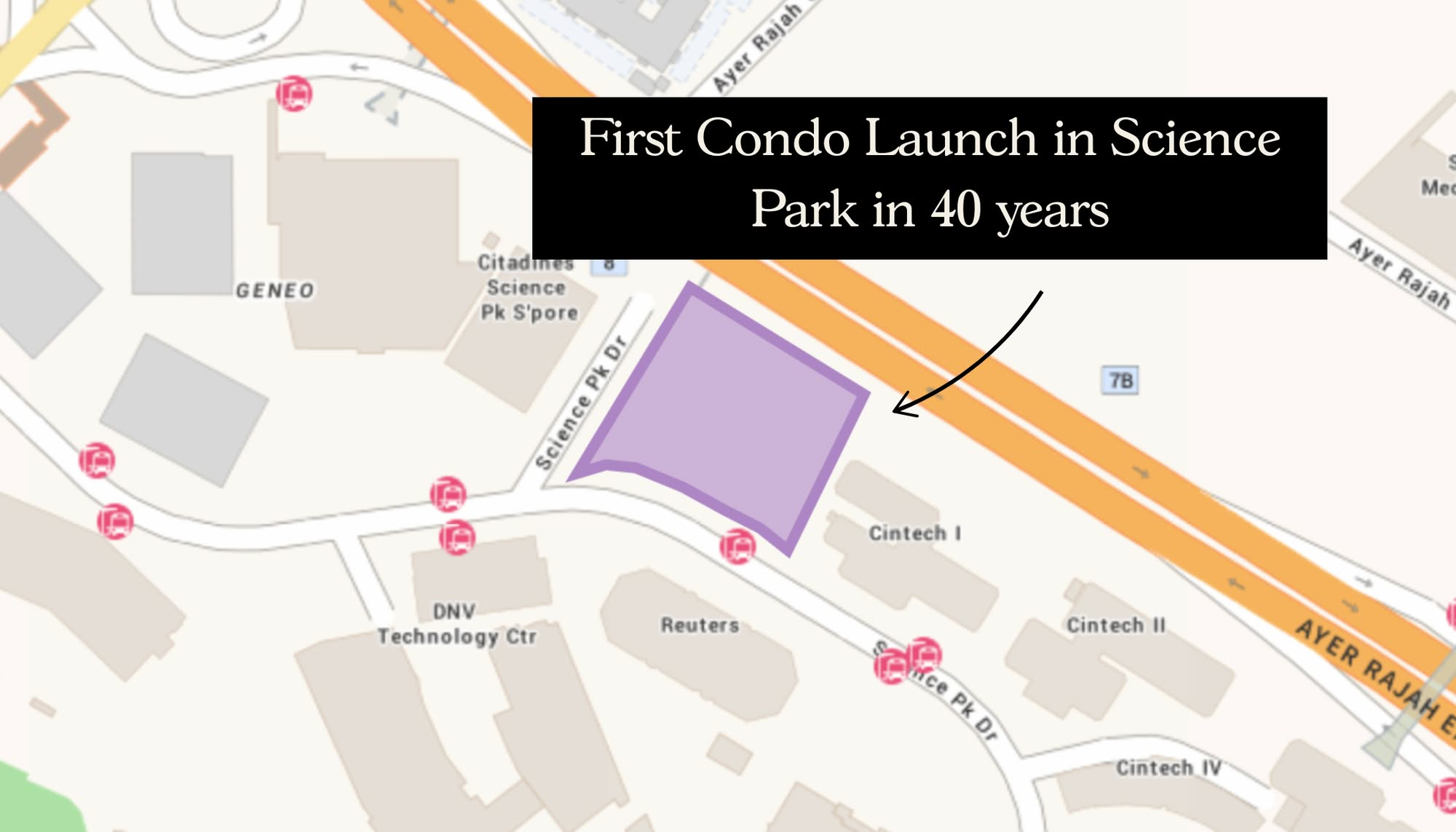
New Launch Condo Analysis The First New Condo In Science Park After 40 Years: Is LyndenWoods Worth A Look? (Priced From $2,173 Psf)

Editor's Pick Why The Johor-Singapore Economic Zone Isn’t Just “Iskandar 2.0”
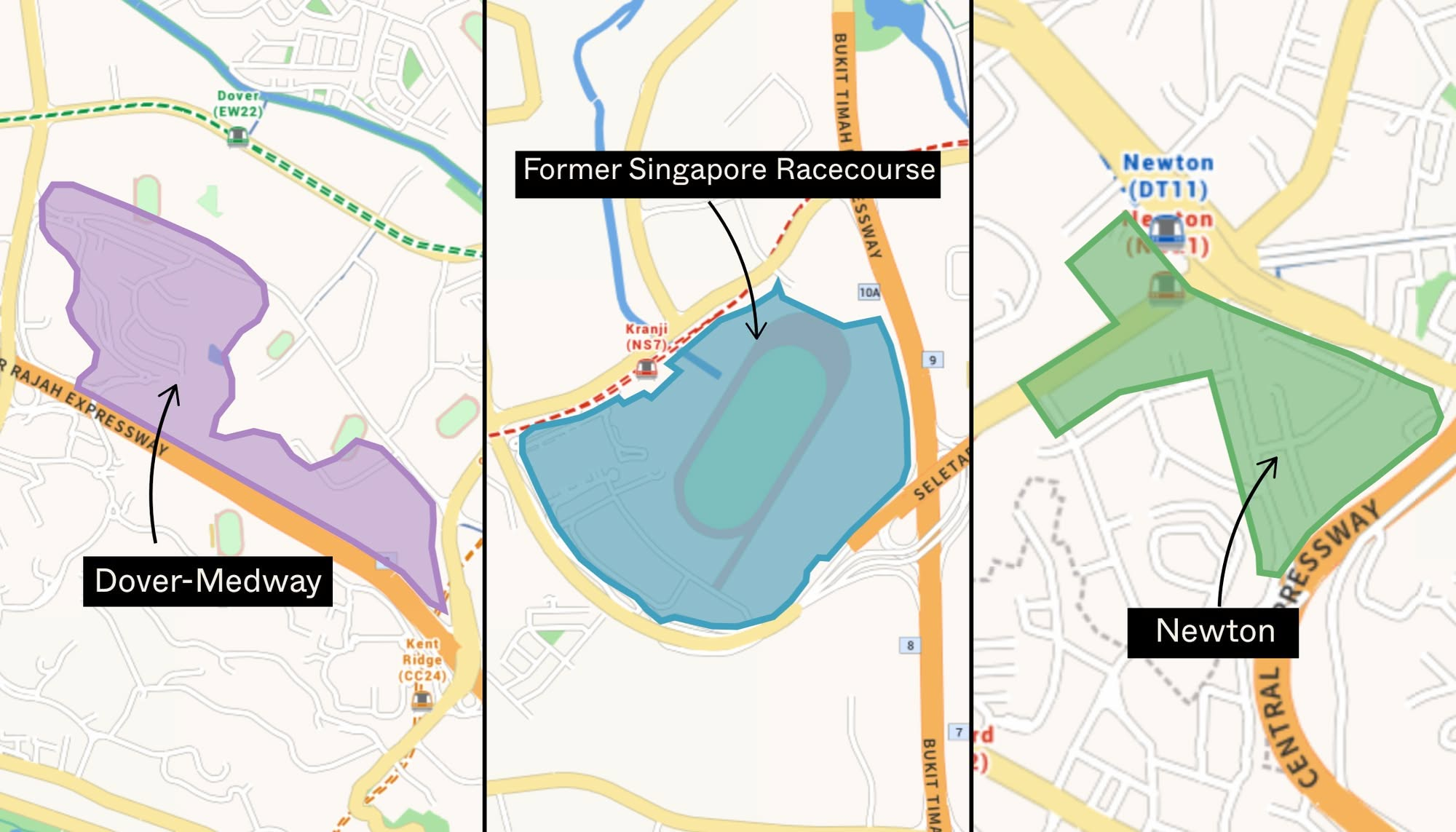
Editor's Pick URA’s 2025 Draft Master Plan: 80,000 New Homes Across 10 Estates — Here’s What To Look Out For
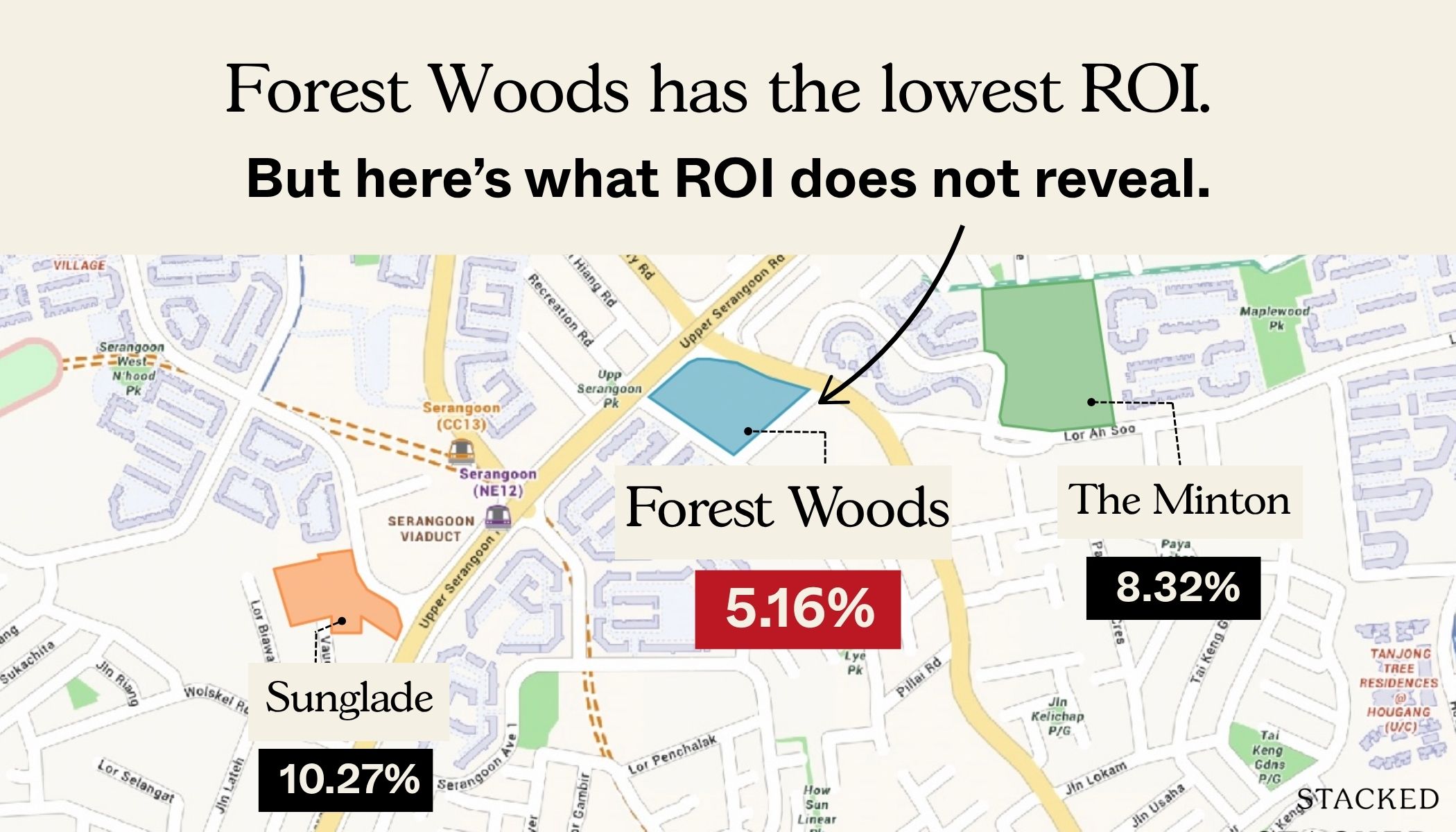
Pro Analysing Forest Woods Condo at Serangoon: Did This 2016 Project Hold Up Over Time?
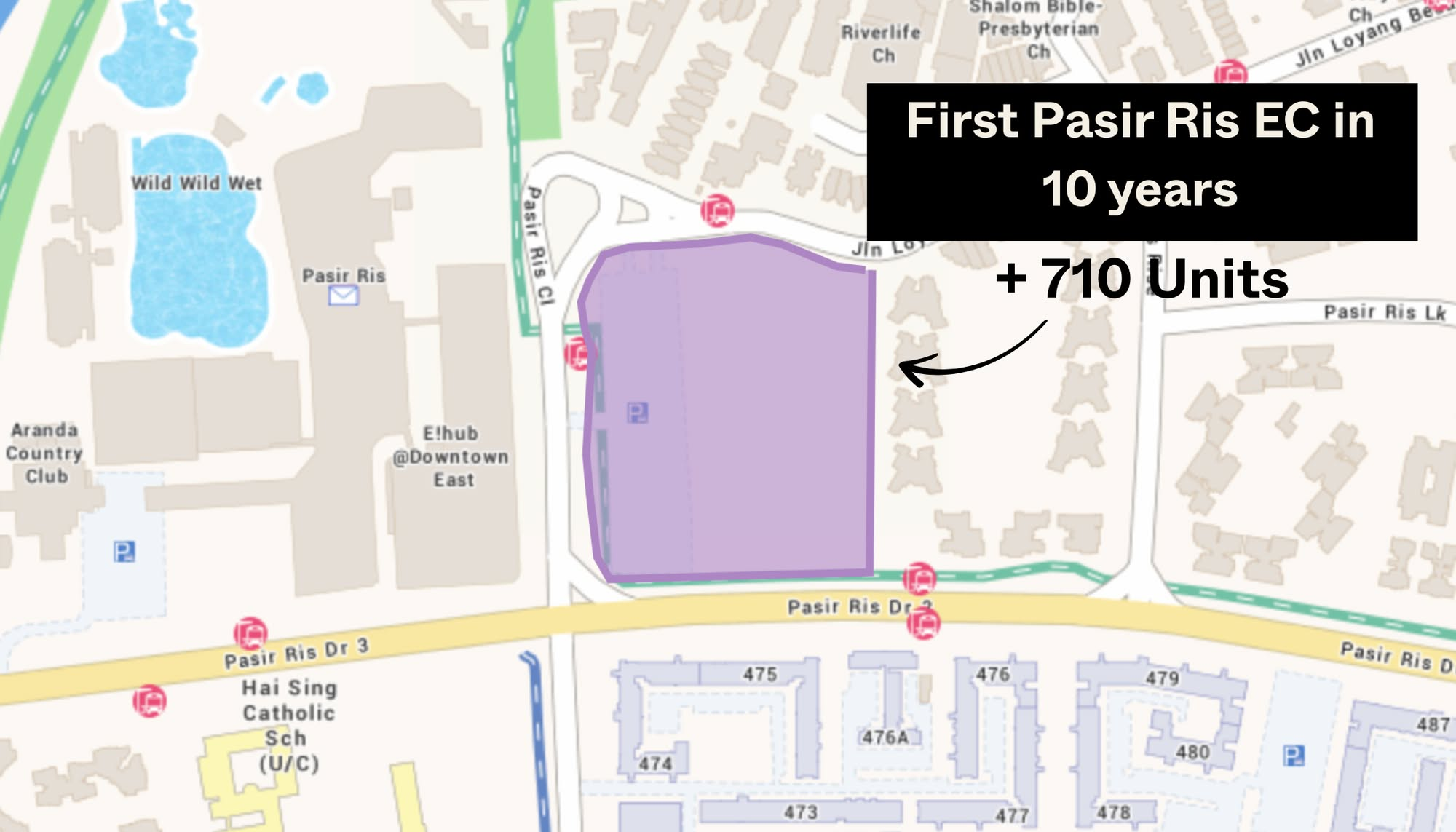
Property Market Commentary This Upcoming 710-Unit Executive Condo In Pasir Ris Will Be One To Watch For Families
